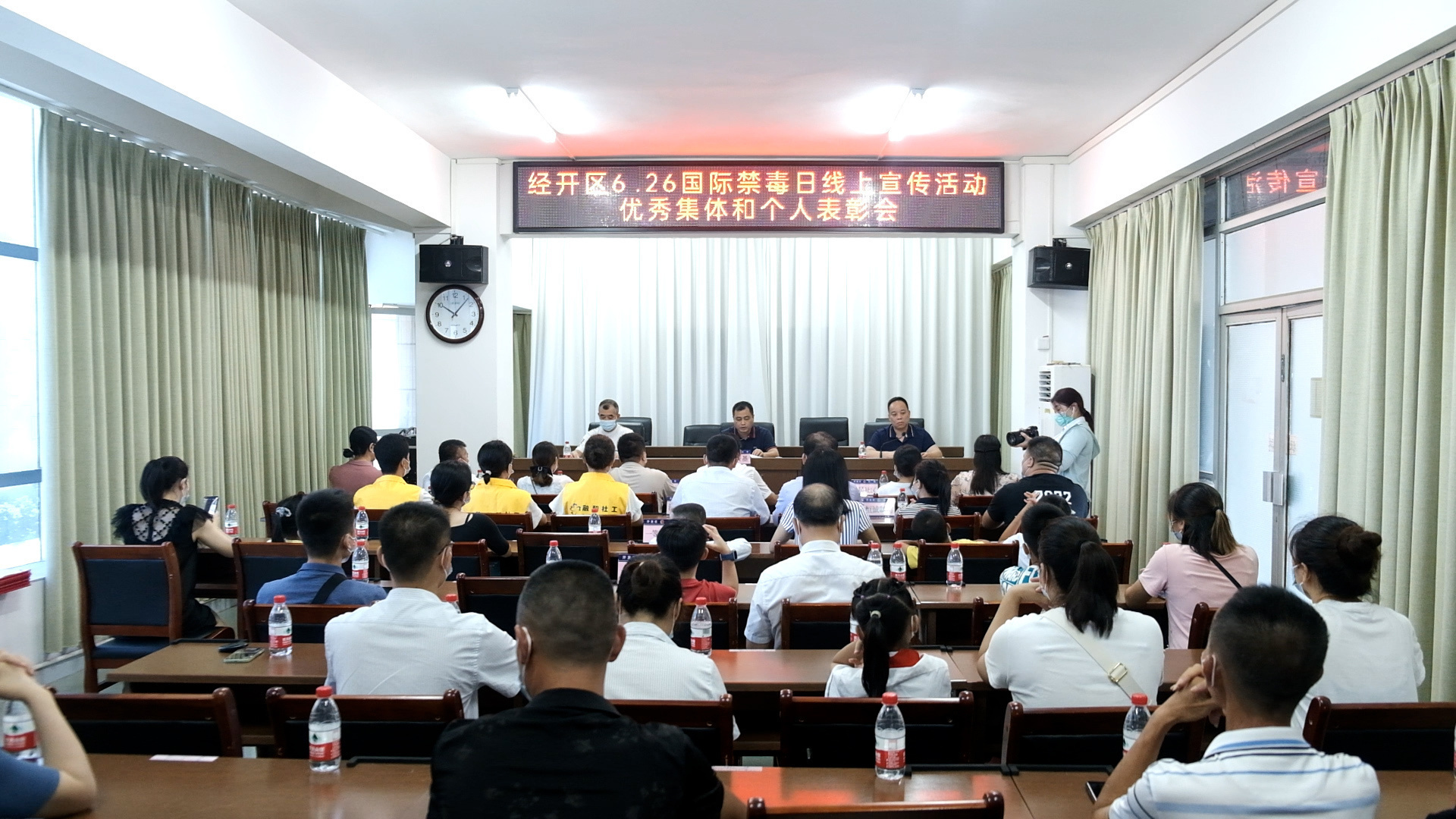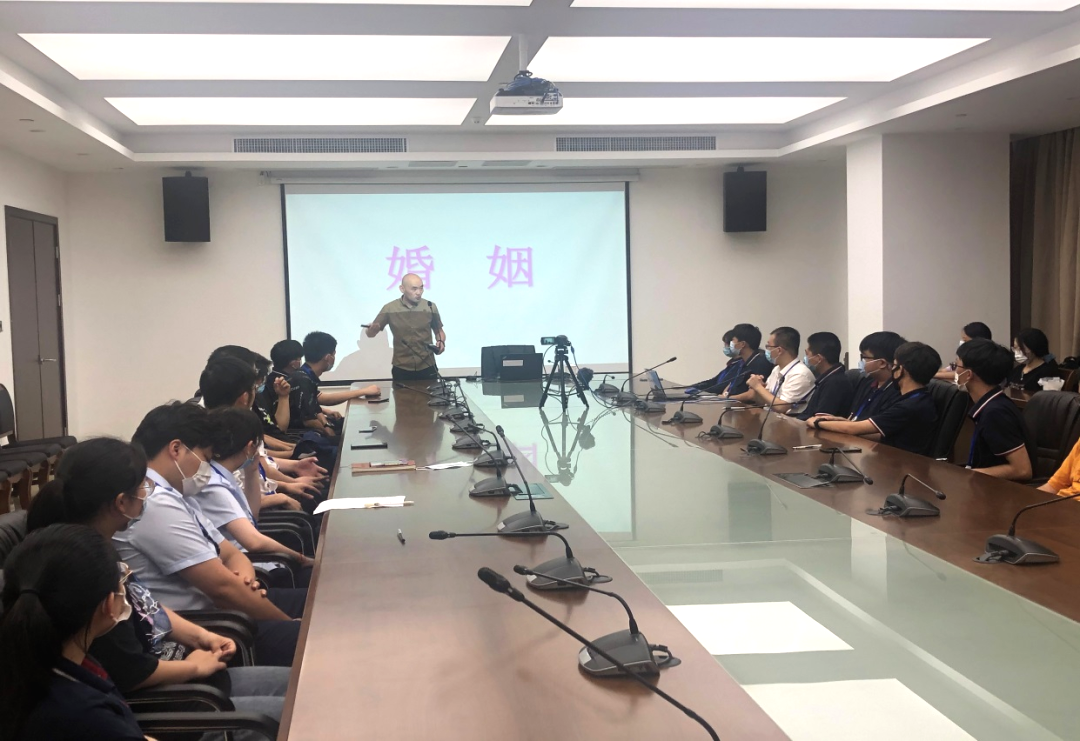The child was allowed to drink half a glass pulse before surgery, and the doctor responded like this
Author:Pole news Time:2022.07.06
Jimu Journalist Chen Lingyan
Correspondent Berlan Chenzhu incense white snow
Intern Huang Zhigao
Parents are the most worried about surgery.
Ms. Zhao, who lives in Wukou District, Wuhan, has been anxious recently. A 6 -year -old child needs to undergo removal surgery due to repeated inflammation of the tonsils. What she is most worried about is that she cannot eat and drink one night before the operation, and the child can't stand it. What surprised her was that 3 hours before the operation, the child said that he was thirsty and uncomfortable, and the doctor asked him to drink half a glass of pulse. After the operation was over, the child was thirsty after waking up, and the doctor asked him to drink room temperature pure water.

"Ah, isn't it that the tonsil is generally hemp, can you be hungry for one night before the operation, can you not eat or drink after the operation?" Ms. Zhao was a little panicked.
"There are indeed many parents who have misunderstood the dietary requirements before and after surgery." In response, Zhang Zhimin, director of the Department of Octopular and Throat of the Third People's Hospital of Hubei Province, said that according to the latest anesthesia guide 2468 principle, 2 refers to 2 hours before surgery can drink 2 hours before surgery. Clear drinks (clear beverages refer to residue drinks, such as pulse drinks, sugar water, pure water, etc.). After returning to the ward after surgery, children are completely awake unless there are taboos. According to the requirements of European anesthesia and intensive illness, they also encourage early to take liquid freely in the early days. Therefore, the so -called "can't eat or drink" is inaccurate.
Zhang Zhimin also introduced that after the summer vacation, there were many children who came to the hospital for tonsils and glandular resection surgery. There are also many parents who are overly anxious. For example, as soon as they hear the child's snoring, they are anxious to ask the glandular samples. The child's tonsils are inflamed and want to cut off. This is not desirable.
He said that chronic tonsillitis repeatedly occurred, more than 4-5 times a year, or multiple times of pus in tonsils. The tonsils and glandular samples are overly hypertrophic, blocking the airway, causing sleep snoring at night, breathing suspension (holding breath), breathing and even gland samples, and the surgery should be considered. It affects the function of the eustachian tube, causes secretion of otitis media, affects hearing, and the above symptoms last for a long time. The evaluation of image science and endoscopic examination has been determined to be large and severe, and the effect of conservative treatment of drugs can be considered. If the above -mentioned surgical indications and tonsils and gland sample hypertrophy are severe, they need to remove the tonsils and gland samples at the same time, so as not to re -proliferate the tonsils or glandular samples in the future (compensatory hyperplasia) and it is proliferated (compensatory hyperplasia) and it is left (compensatory hyperplasia). It requires secondary operation.
He also pointed out that this type of surgery is generally performed after 4 years old, but if it is gland -like hypertrophy, tonsil hypertrophy, or tonsillitis, it causes obvious symptoms, such as snoring, opening mouth breathing, otitis media, poor diet, long -term runny nose, etc. , Or if it affects children's daily life and is invalidated by drug treatment, surgical intervention needs to be performed as soon as possible.
- END -
Zhanjiang Economic Development Zone: "6.26" International Anti -Drug Day Propaganda Conference was held

On July 21, the Zhanjiang Economic Development Zone Anti -Drug Office held an outs...
Talking about the new type of wedding and education, the secret of parent -child communication ... The "Thousand Miles" activities of the Volunteer Service of the Zhejiang Family Planning Association entered Jinhua

Recently, the Thousand Miles activities of the Volunteer Service of the Zhejiang F...